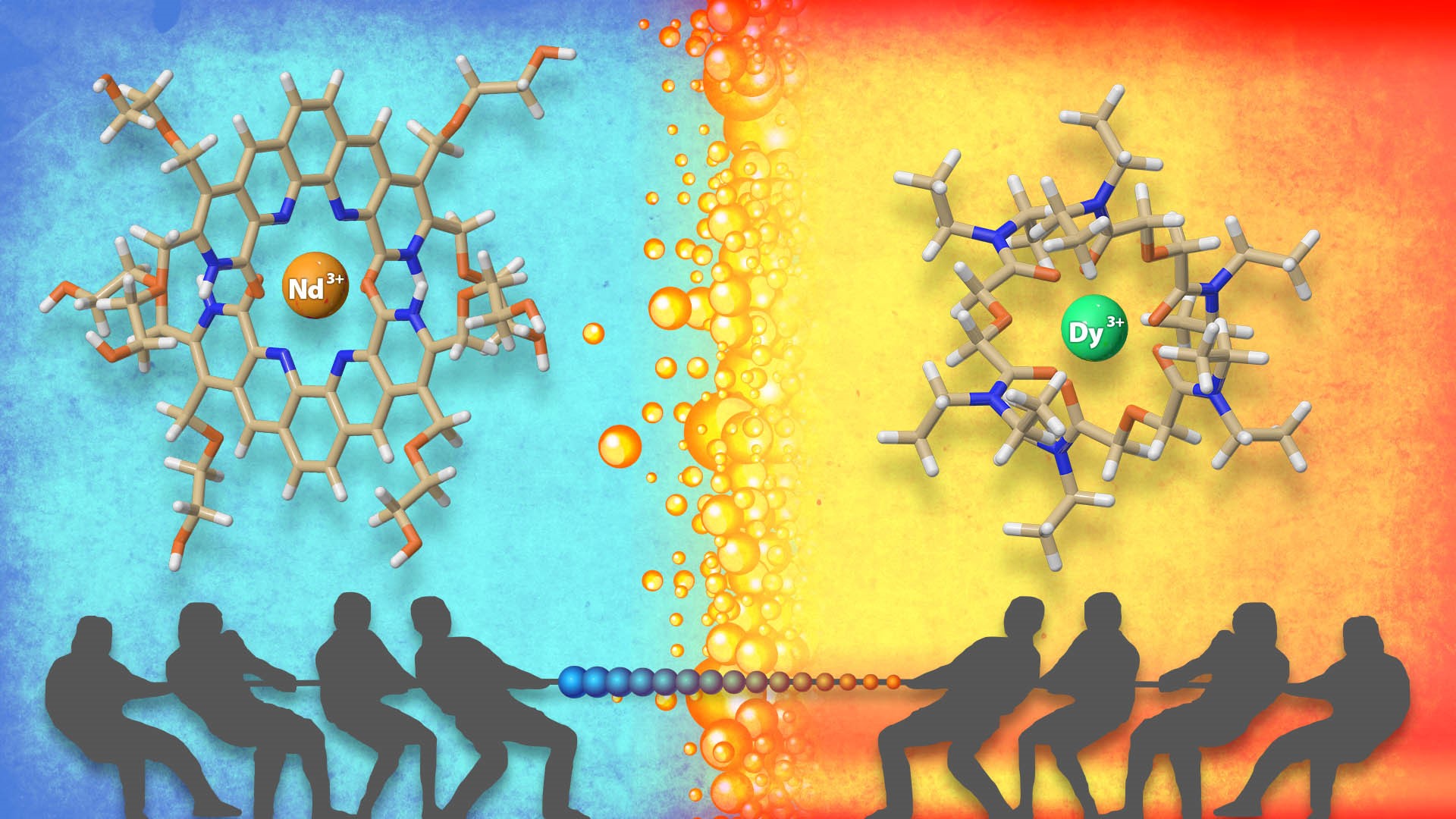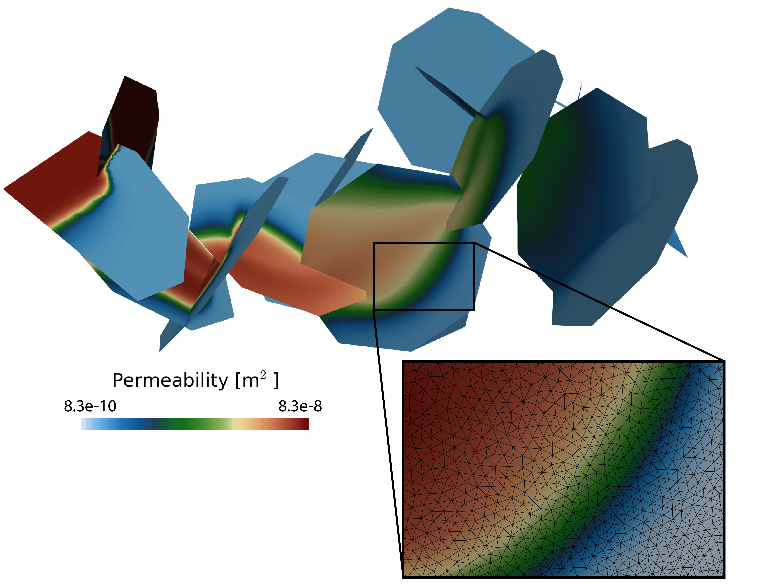Catalysis Science
This program accepts and reviews proposals continuously under the annual Funding Opportunity Announcement (FOA) entitled, “Continuation of Solicitation for the Office of Science Financial Assistance Program” available on the Open FOA page. However, only the proposals received by December 18, 2023 will be guaranteed consideration for funding within fiscal year 2024. Preproposals or white papers are strongly encouraged for all new proposals and should be submitted well in advance. Please contact the program managers prior to submission.
This research area supports basic research pursuing novel catalyst design and quantum- and molecular-level control of chemical transformations relevant to the sustainable conversion of energy resources. Emphasis is on the understanding of reaction mechanisms, enabling precise identification and manipulation of catalytic active sites, their environments, and reaction conditions for optimized efficiency and selectivity. Elucidation of reaction mechanisms in diverse chemical environments and the structure-reactivity relationships of solid and molecular catalysts comprise the central component of the program with specific focus areas involving: (1) advanced concepts related to catalyst design, including topics related with multi-functionality, confinement within porous materials, site cooperativity, nano- and single-atom stabilized structures, and manipulation of weak-interactions; (2) design of catalysts for efficient interconversion of electrical and chemical energy, including investigation of charge transport dynamics and reactivity relevant to electrocatalytic reactions as well as thermally excited redox conversions in solution or at interfaces; (3) development of novel time-resolved spectroscopic techniques and structural probes for in situ/operando characterization of catalytic processes, including ultrafast bond formation and transition state conversion, as well as slower ionic or atomic or molecular species rearrangements during reaction; (4) examination of the dynamics of catalyst and electronic structures occurring during catalytic cycles and deactivation, including strategies to induce changes in catalytic structure and activity via stimuli responsiveness; (5) investigation of emerging approaches to direct catalytic transformations in multicomponent mixtures, multiple reactions, and integrated processes, such as cascade and tandem processes; and (6) advanced theory, modeling, and data-science approaches to mechanism identification, catalyst discovery and development, and efforts leading to benchmarks for catalytic properties.
A long-term objective is to promote the convergence of heterogeneous, homogeneous, and bio- catalysis to discover novel inorganic, organic, and hybrid catalysts selective for fuel and chemical production from a variety of feedstocks with emphasis on renewable ones. Another enduring goal is to maximize the atom and energy efficiency of chemical transformations. This activity is especially receptive to novel and emerging approaches in the area of clean energy and catalysis science underpinning sustainable chemical transformations that achieve low greenhouse gas emissions, including: (1) substitution or coupling thermal energy source with less-energy intensive ones, such as electrical, mechanochemical, or electromagnetic sources; (2) strategies that explore catalysts and mechanisms associated with the direct catalytic transformations in multicomponent mixtures, multiple reactions, integrated processes, circular processing, and transient and discontinuous operation; (3) catalysis mediated by Earth-abundant metals or designed with reduced noble metals or critical element loadings. It also encourages integrated theory-experiment and predictive theoretical catalysis supported by data-intensive and AI/ML strategies, particularly efforts that leverage exa-scale and high performance computing capabilities.
This research area does not support: (1) the study of transformations appropriate for pharmaceutical applications; (2) non-catalytic stoichiometric reactions; (3) whole cell or organismal catalysis; (4) process or reactor design and optimization; or (5) device development or optimization.
To obtain more information about this research area, please see the proceedings of our Principal Investigators' Meetings. To better understand how this research area fits within the Department of Energy's Office of Science, please refer to the Basic Energy Science's organization chart and budget request.
Other questions about this research area should be addressed to the Program Managers, Dr. Viviane Schwartz and Dr. Chris Bradley.



